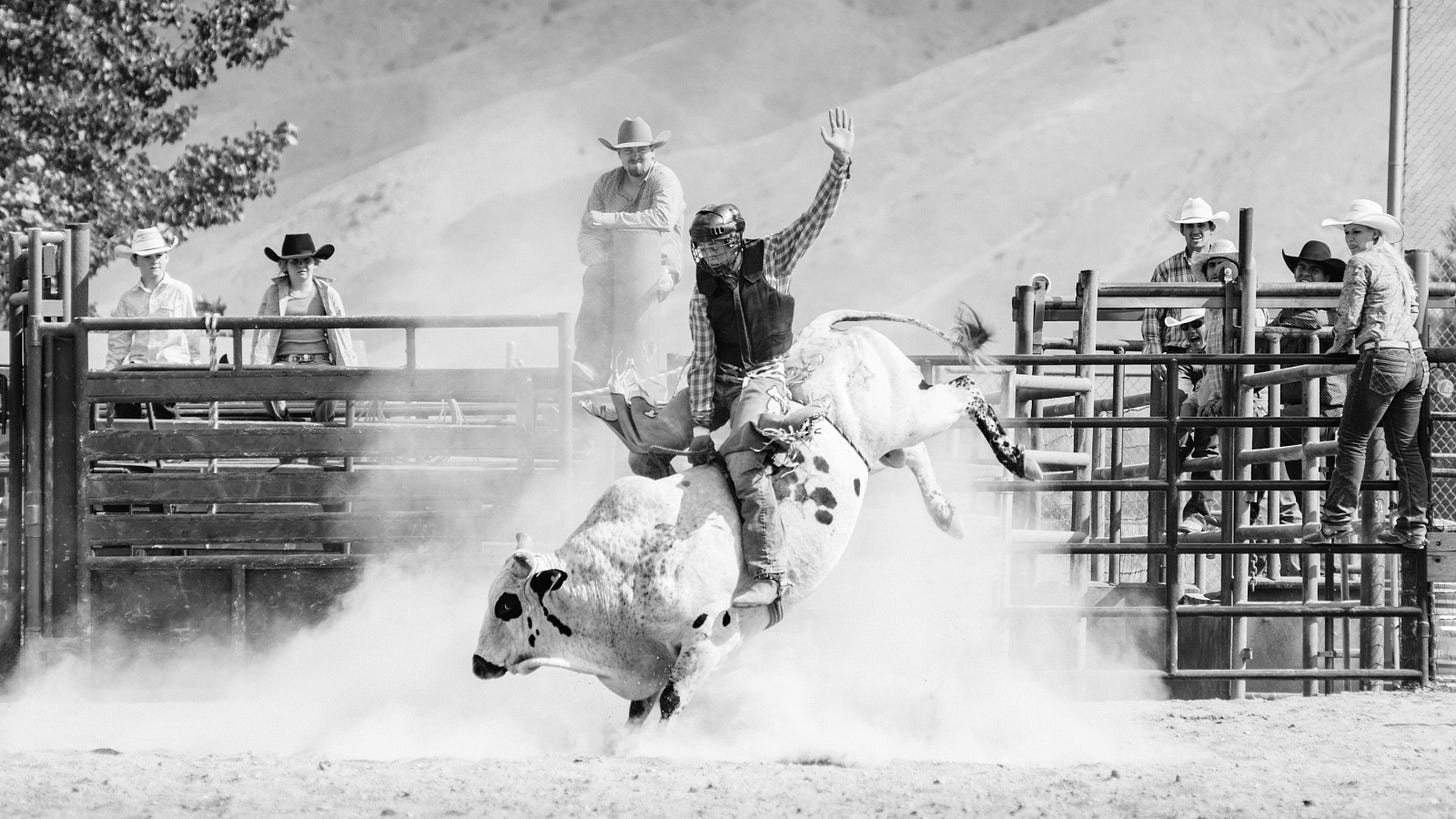Think about the last time you had really good sushi.
Remember those pink slices of pickled ginger on your plate? They're not just garnish – they're your palate cleanser, your reset button between different flavors.
Without that ginger, all those delicate tastes would blur together, and you'd miss the subtle notes that make each piece special.
What's Your Mental "Ginger"?
Our minds need their own version of ginger, especially in today's world where we're constantly consuming information like an endless omakase of thoughts, ideas, and stimulation.
I've learned this the hard way- and it took me a while.
It starts innocently enough – with a spark of curiosity, the thrill of diving deep into something that catches your interest. It feels amazing, like being at the best party of your life, your mind dancing with ideas, connections firing like strobe lights in your brain.
But here's the thing about great parties: they can't last forever.
Just like a rave where you're riding high on excitement and music - and whatever else it is you ride on- there comes a point where your body starts sending you signals to dial down, while your mind is still chasing that high.
You're ready to leave – you know you should leave – and then they play your song.
The curiosity that started as genuine interest morphs into something else – a compulsive need to keep going, to keep scrolling, to keep learning or doing or watching.
Your body is exhausted, but your mind is like that friend who keeps saying "just one more song" at 3 AM.
I've discovered that my most effective mental ginger is yoga nidra (by Ally Boothroyd!).
When I feel that restlessness creeping in, when I notice myself becoming reactive, when my mind is racing but my body is dragging, that's when I know it's time for a reset.
Unlike going for a walk – where my mind can still spin its wheels – yoga nidra helps me unplug my mind, and plug in my senses. It forces a complete state change. With headphones on, following the guided practice, my mind has no choice but to shift gears.
It's like using the clutch in a manual car; you can't smoothly transition from fifth gear to first without it. You need that in-between state.
Sometimes I need 10 minutes, sometimes 25. The duration doesn't matter as much as the quality of the shift.
It's fascinating how after these sessions, the intense craving that seemed so urgent just... dissolves. The compulsion fades, like a wave retreating from the shore. Sure, it might come back later, but in that moment, there's peace. There's choice again.
This is what I call the art of shifting states – it's about mastering the transitions in our mental manual transmission. Most of us are used to automatic living, letting our states shift themselves, often grinding our gears in the process. But in this age of constant stimulation, we need to learn how to drive stick. We need to recognize when to upshift into high-energy states, when to downshift into rest, and most importantly, when to use that clutch – our mental ginger – to make these transitions smooth.
Maybe for you, it's not yoga nidra. Maybe it's breathwork, or body scanning, or losing yourself in music. Or sex, or a glass of red. The specific technique matters less than its ability to reset your nervous system, to cleanse your mental palate. Some use the digital “methadone” - but that’s a slippery slope.
The key is finding what brings you back to your senses – literally (now you know where my “Back To Senses” comes from).
Back to your body, back to the present moment, back to a state where you can choose your next move instead of being driven by compulsion.
Because here's what I've learned: it's not about fighting the urge to keep going. Fighting it only creates more tension, more resistance. Instead, it's about creating space – space for your system to reset, space for your natural rhythms to reassert themselves. Just like that piece of ginger between sushi courses, it's about giving yourself permission to pause, reset, and only then move forward.
So, what's your mental ginger? What helps you shift states when curiosity turns to compulsion? Finding your answer to this question might be one of the most important skills you can develop in our increasingly stimulating world. After all, even the most exciting party needs to end sometimes, and it's better to leave while you're still dancing than to be the last zombie on the dance floor, unable to find your way home.





